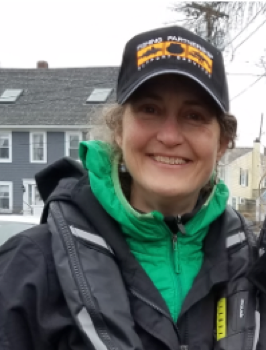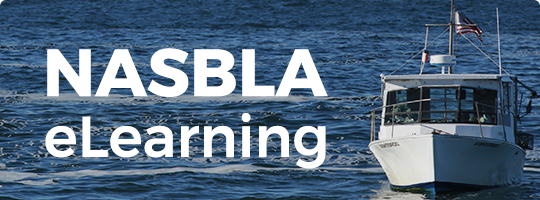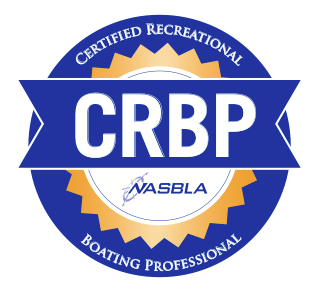Safety at Sea Takes a Leap Forward
Commercial fishing is one of the most dangerous occupations, and the East Coast has the highest number of commercial fishing fatalities in the United States. For New England commercial lobstermen, falls overboard are the most frequent cause of death. Researchers at the Northeast Center for Occupational Health and Safety (NEC) have been working to change that, one lifejacket at a time.
The NEC is one of 11 agricultural centers across the country designated and funded by the National Institute of Occupational Safety and Health (NIOSH). Serving a 12-state region from Maine through West Virginia, the NEC promotes health and safety research, education, and prevention activities in the high-risk areas of farming, commercial fishing and logging.
Since 2016, NEC researchers have evaluated barriers that lobstermen have experienced when considering lifejackets. In April 2019, researchers embarked on an eight-month campaign distributing lifejackets from two vans traveling from port to port along the Maine and Massachusetts coastlines. The “Lifejackets for Lobstermen” vans carried 11 models of personal flotation devices (PFDs), distributed at a 50% discount. The selection of PFDs was a culmination of more than 550 lobstermen giving guidance over the course of three years on the "ideal" working lifejacket. Two fieldwork coordinators navigated 10,000 miles up and down the coastline, parking the vans at 61 ports for a total of 157 days to promote the project and give lobstermen the chance to try on and purchase the lifejackets, selling over 1,087 PFDs.
This presentation will share the process of the Lifejacket Van, what was experienced at the vans as fishermen made choices, and review ways by which community-informed research and implementation can lead to successful outcomes.

Rebecca Weil
Research Coordinator, Northeast Center for Occupational Health and Safety
Rebecca Weil, MS, OTR/L is the commercial fishing research coordinator at the Northeast Center for Occupational Health and Safety: Agriculture, Forestry, and Fishing (NEC). Her current work is with commercial lobstermen in Maine and Massachusetts, exploring ways to improve lifejacket use and to support a better understanding of falls overboard survival systems. She is also working with commercial fishermen in Oregon, Alaska, North Carolina and Massachusetts exploring the intersection of sleep deprivation and health. Since 2012, Weil has worked with farmers and fishermen for The New York Center for Agricultural Medicine and Health (NYCAMH) and the NEC. Her previous work has been in occupational therapy, non-profit management and education.



